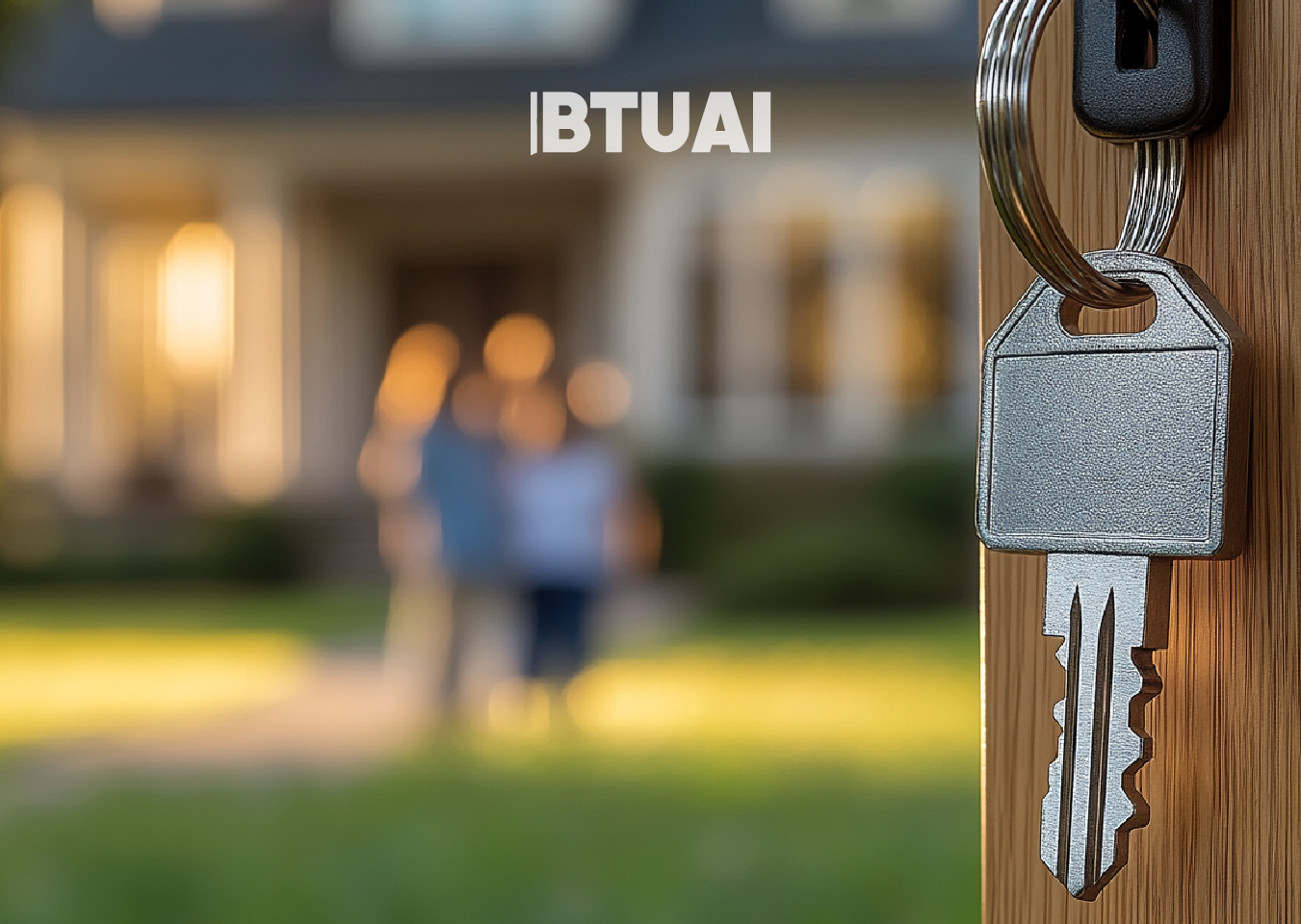The Pursuit of Homeownership in Georgia: Cultural Trend or Economic Strategy?
In Georgia, owning a home is not just a goal—it’s considered a life norm. Many people believe that a

In Georgia, owning a home is not just a goal—it’s considered a life norm. Many people believe that a successful life begins when you have “a roof of your own.” Official statistics confirm this: according to Geostat, over 90% of the population lives in owner-occupied housing. In contrast, in developed countries this figure is significantly lower—around 50% in Germany and just 40% in Switzerland.
What explains this difference? Why is homeownership in Georgia viewed as an almost essential life milestone, while in many developed countries renting is fully acceptable—and often more rational?
The answer lies beyond economics—it’s tied to deeper cultural, historical, and psychological factors that assign special meaning to property ownership in Georgia.
First and foremost is the sense of independence and security. In the post-Soviet context, including in Georgia, owning property is strongly associated with stability. The chaotic economic conditions of the 1990s taught many that renting could be temporary—and even dangerous. For many, owning a home became a fundamental defensive tool against financial uncertainty. It felt like the minimum guarantee of a secure life—a space where no one could evict you or raise your rent unexpectedly.
Cultural values also play a large role. Georgian families often raise children with the idea that forming a family requires owning a home. Even if it’s small, old, or far from the city center, the key is that it’s “yours.” Renting, by contrast, is still widely perceived as a temporary, unstable phase—almost as if you haven’t fully settled down in life.
Economic realities also reinforce this mindset. Despite lower income levels in Georgia compared to developed countries, real estate remains relatively affordable—especially outside urban centers. For many, taking out a loan to purchase a home may be more economically viable in the long term than paying rising rent in city centers. Additionally, property is often viewed as an investment—“if I can’t rent it out now, I’ll leave it to my children.”
But is homeownership truly a good investment?
In Georgia, real estate has appreciated over time and was indeed profitable in some periods, especially in tourist zones and fast-developing areas. However, in the current market, price growth doesn’t always translate into real returns—particularly if the property is used solely for personal residence. Furthermore, real estate is relatively illiquid: selling a property can take considerable time and effort.
In many developed countries, people prefer diversified investments—such as stock markets, mutual funds, or startups—because they offer more flexibility and often more competitive returns. In Georgia, these alternatives are less common, partly due to underdeveloped infrastructure and partly due to limited awareness. As a result, real estate often remains the only tangible, visible asset that people trust to store value.
Yet, this drive for ownership sometimes leads to misplaced expectations—people buy apartments without fully assessing whether they can manage long-term debt or whether the purchase truly meets their needs. Many families spend years paying off mortgages, often at the expense of their quality of life, because a large portion of income goes into debt repayment.
Owning a home can be a wise decision—but only when it matches one’s financial capacity, doesn’t create long-term stress, and isn’t pursued as an end in itself. In developed countries, renting isn’t seen as failure—in fact, it’s often associated with flexibility and financial freedom.




